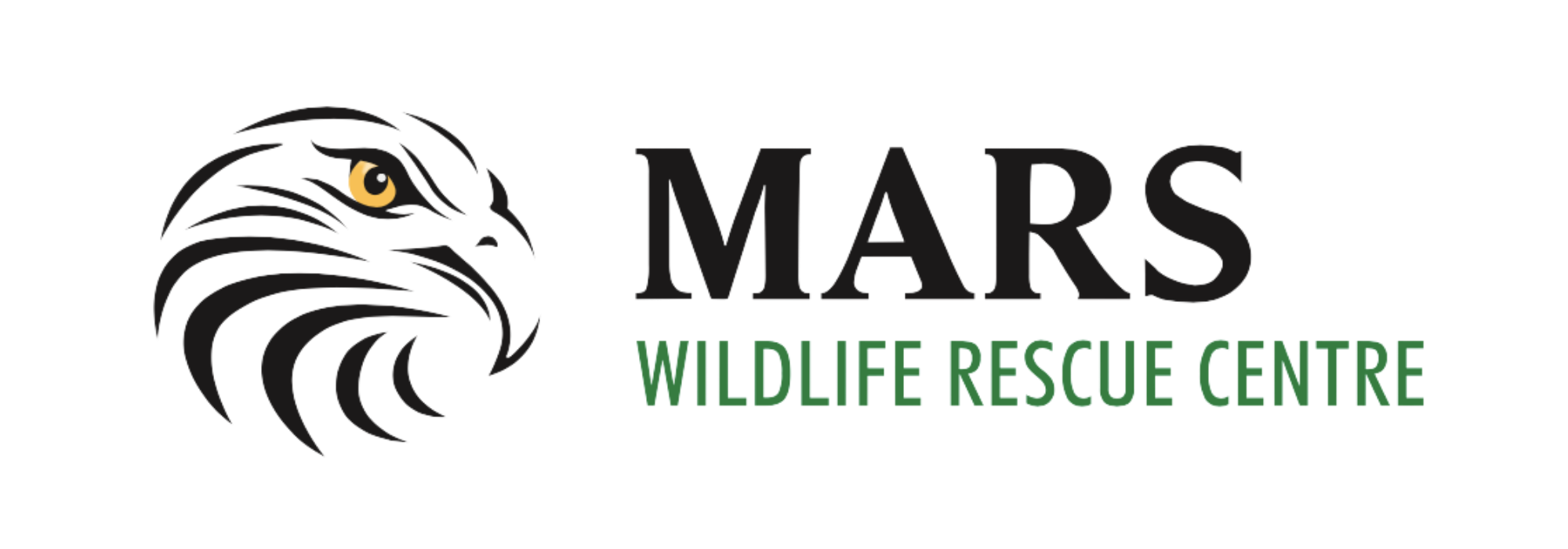My internship at the Mountainaire Avian Rescue was an incredible experience. I had no knowledge about birds in Canada; I did not know what robins were, and had never seen real owls at home in Japan. No hummingbirds are found in Japan either. All changed after two months of this internship. What I have learned during this incredible and rewarding opportunity was the reality of rehabilitating birds.
Although rehabilitating birds seems exciting, the truth is a lot of loss. The birds that were admitted to MARS usually had some problems unless they were healthy orphans. Even with the healthy orphans, it is surprisingly hard to bring up and make release. Rehabilitators at MARS did their best to help wildlife, but the reality was not simple.
Even despite all the effort that was put in, a lot of them died. While many cases were released or transferred to other rehab centres, the truth was the majority did not make it. Another discovery of mine was that requires prioritizing. Wildlife are not domestic animals, so rehabilitators had to constantly think what would be the best for the wildlife, not necessarily how to help it live longer. It sounded cruel at first; however, the birds have to survive on their own after release, and there is no excuse for being kept in pain.
The most pleasurable experience was release although as compared with 151 cases that I involved during the two months, release was rare. The first release was a western-screech owl that had a blind left eye and that had been looked after more than half a year. After the release of the screech owl, thirty two birds were released during the internship. This was rewarding that I was a part of with the wildlife rehabilitation. Another amazing experience was handling and getting to know all kinds of birds and some mammals in North America.
Feeding milk to fawns and squirrels, giving physiotherapy to the leg of a barred owl, tube-feeding big bald eagles, giving a medication to a squinty barred owl, feeding baby barn owls were only some of the amazing experiences I had.
I learned a lot of things about birds and their behaviour from volunteers, so it was a great opportunity for me to work with them. I think MARS would benefit from better scheduling to avoid conflict on the days that both volunteers and interns are working. Because our schedule usually starts earlier, we’d get most of the birds fed before the volunteers come in, leaving them little to do. While caring for birds is the most important in the morning, everyone should get the chance to be involved in the process.
This incredible and rewarding experience at the MARS was that I could never do at home. I was fortunate to be here surrounded by the dedicated people including local veterinarians that devote their time to take care of wild animals. This team was truly organized with the people who want to save animals considering what the best is for them. I am proud that I could join this team and help the wildlife rehabilitation at MARS. I thank Maj, Keith, Jenny, Teela, Natalie and the volunteers very much for everything.
